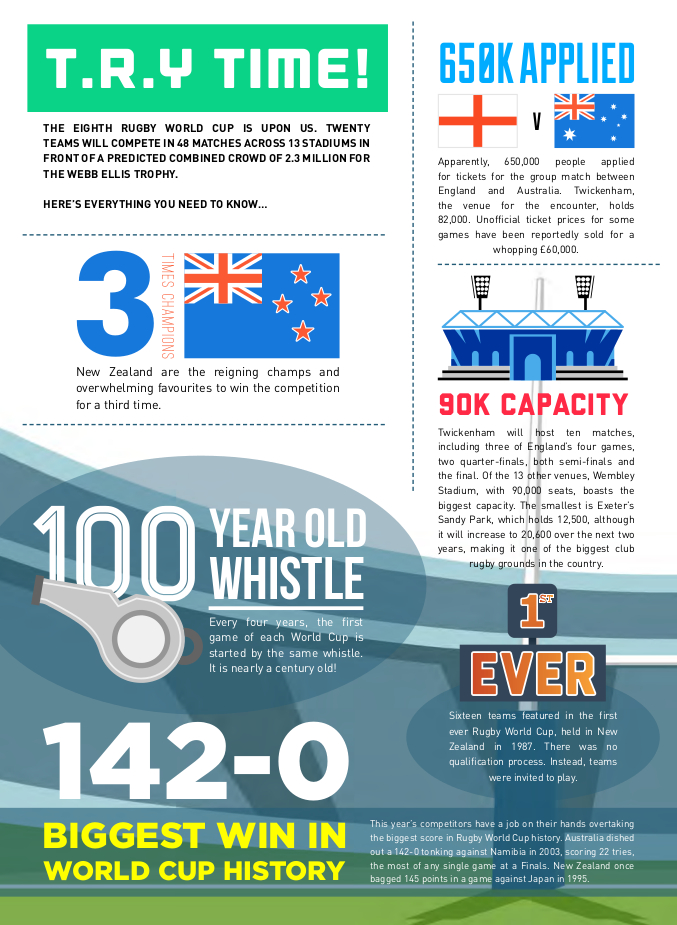Get Six Nations Fit
Share
The Six Nations is one of the most demanding competitions on the planet – so how do three of England’s finest keep in shape and maintain mental sharpness in the eye of the storm? BESTFIT’s Richard Edwards caught up with Maro Itoje, Jonathan Joseph and Harry Williams to find out.
How do you cope with the pressure of playing in such a demanding competition?
Maro Itoje: None of the pressure I feel is from external sources, all the pressure I feel is from the environment. When I say ‘pressure’, I don’t see it as a negative thing or something that weighs on you or holds you back.
I feel pressure to perform to my team-mates, so they can hopefully build trust in me, and also pressure to repay the coaches for the faith they’ve shown in me. For myself, I want to push the standards that I’ve set.
Is it tough to play five such demanding games in a relatively short space of time?
Harry Williams: On top of the all the physical things you do, you have to compartmentalise things a little bit. If you’ve had a win then you have to enjoy that, but when it’s over it’s over. Then you move on to the next week of training. There’s a definite start point and definite stop point between matches. Then every game becomes special in its own right.
Jonathan Joseph: We put quite a big emphasis on our recovery routine. Straight after the game, it’s important to get fluids and nutrition on board as quickly as possible. Following that, you want to get a good night’s sleep, which is always quite hard after a game. The next day, in the morning, you get to the pool, get a good stretch and get any treatment you might need. It’s all quite individual, to be honest.
Itoje: What we’ve done well over the past couple of years is to have the next-game focus. All our attention goes on the next game we play, we don’t look beyond it, and all of our efforts are built around putting in a performance. When you have that focus that keeps things fresh and in perspective a little bit.
What kind of physical work do you do between matches to maintain your fitness?
Joseph: Everyone’s programme is very individual because everyone here has different needs. Personally, I try and work on my flexibility quite a lot as well as conditioning my muscles. I would do a lot of training around helping the mechanics of my running – that’s my focus when I’m in camp because that’s where I think I see the most benefit when I’m out on the field.
Itoje: You need a combination of attributes to be able to excel as a back-five player – you need to be strong, you need to have some explosive power. You also need to have an engine, so your cardiovascular base needs to be of a decent level to cope with the demands of the game. For me, pretty much most weeks I’ll have a conditioning top-up just to stay on top of things. In addition to that I’ll work on my power and strength.
How does your preparation vary according to whether it’s a two-week or one-week gap between matches?
Williams: This is actually my first time [being involved in the Six Nations] but they don’t change too much. It’s a case of giving each player what they need on top of the team training. If a player has had a lot of minutes then they probably need more downtime for recovery. Fellas who have been on the bench for the first couple of games probably need that little bit more.
The game against Wales was a really bruising match – how long does it take you to recover
between games?
Itoje: My body has got back in the groove of playing rugby. I broke my jaw a while back and after the first couple of games my body was just in pieces. It’s almost like my body forgot what it was like to play rugby. Now I’m a few games in and the recovery process is becoming a lot faster. After the Wales game, for instance, after a couple of days I started to
feel good again.
How do you ensure you’re mentally fresh from one match to the next?
Williams: Getting out of the environment is good. Getting a little change of scenery helps a lot.
What makes Eddie Jones such a successful coach?
Johnson: He tries to get the very best out of us, both individually and as a team. He leaves no stone unturned in the way we prepare and the way we recover. Everything we do is done to the very highest level and that’s fed down from him to the coaches, to the back-room staff, physios, you name it.
What element of the new Canterbury kit has impressed you most?
Itoje: The fitting of the playing kit is very comfortable, it’s very snug. Nobody has to worry about anything going wrong with the kit, which is a
big positive.















FOLLOW BESTFIT